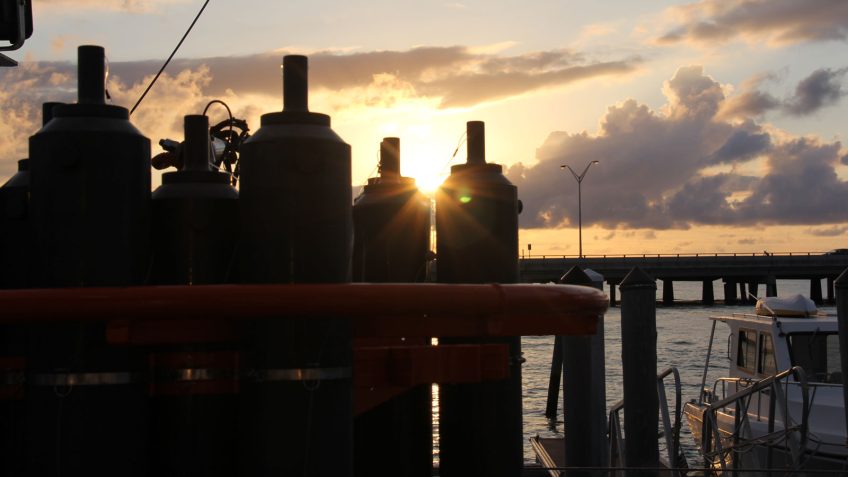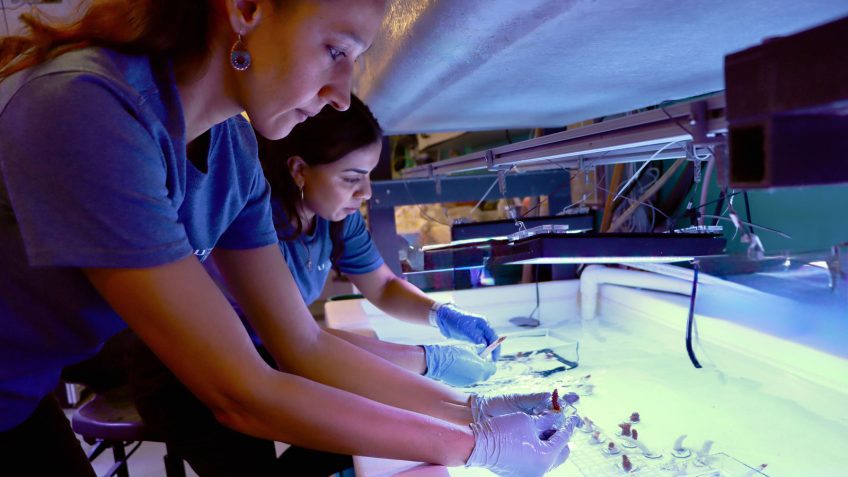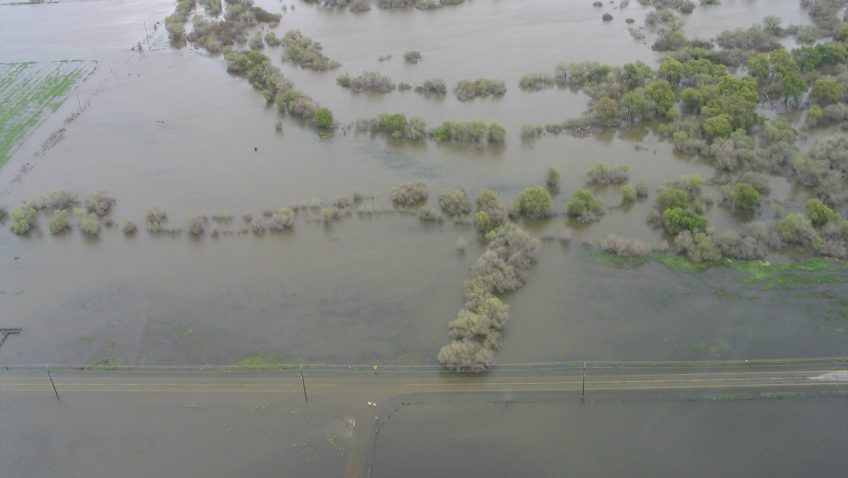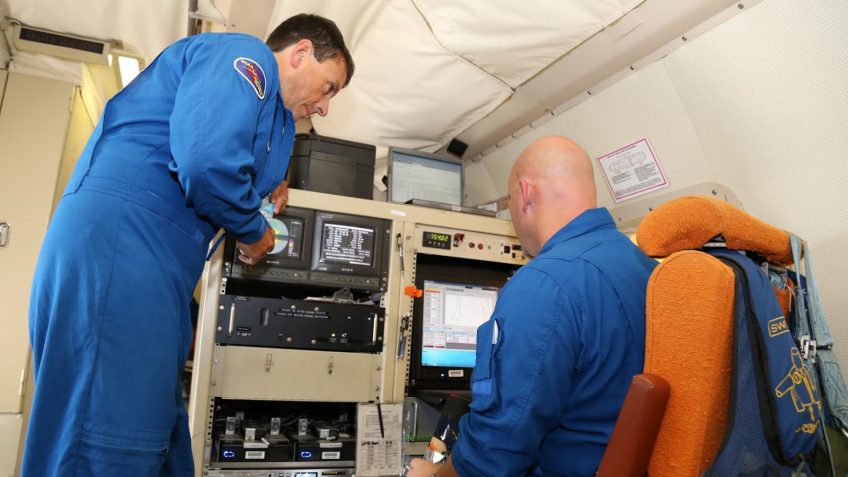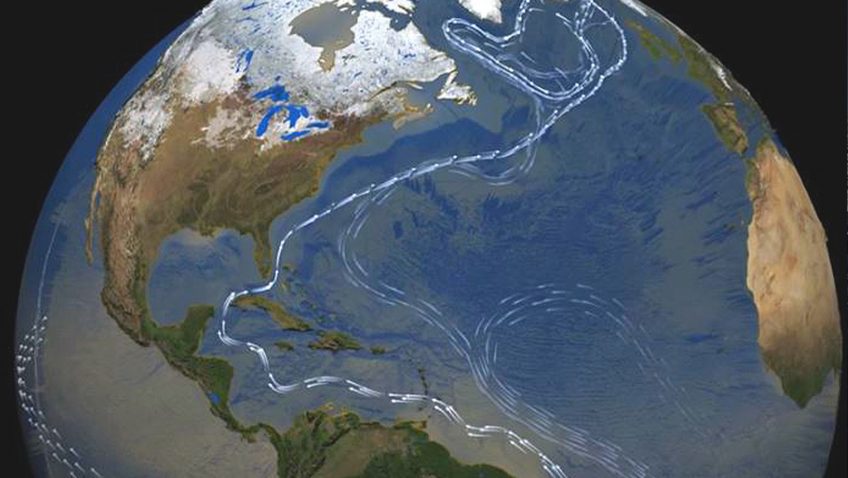Dive into urban corals with AOML’s newest VR experience
For the past three years, scientists at NOAA’s Atlantic Oceanographic and Meteorological Laboratory (AOML) and the Cooperative Institute for Marine and Atmospheric Science have been uncovering the secrets behind the extraordinary resilience of corals in PortMiami. Now, you can dive into their groundbreaking research like never before with a new virtual reality experience, Unlocking the […]


